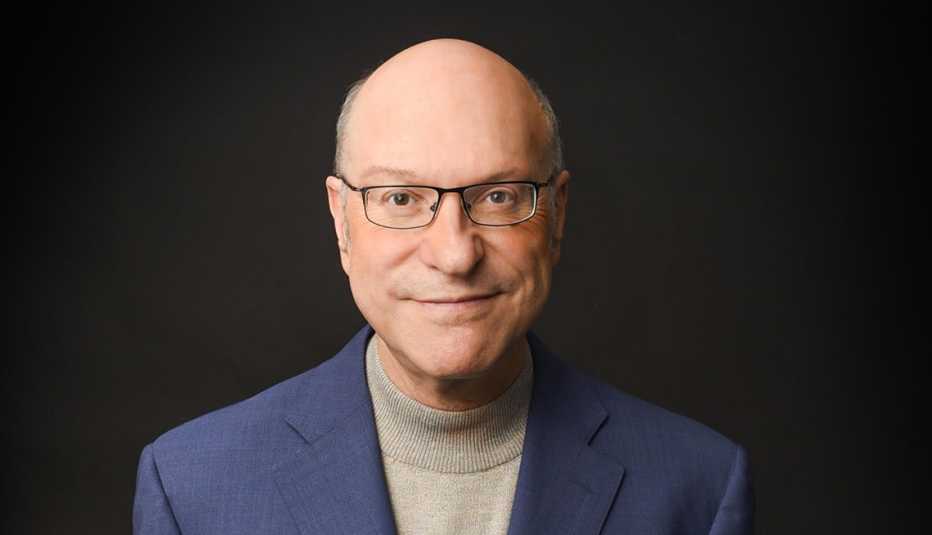AARP Hearing Center


As a psychiatrist in private practice in Washington, D.C., Norman Rosenthal is used to helping clients through loss. But just like many of us, he struggled to find the right words to console a bereaved friend who called him late one night several years ago. The advice he shared in that moment — that “there is an art to losing, and like all art, it can be developed” — reminded his friend of the poem “One Art” by Elizabeth Bishop. After his friend dug out the poem and started to read it aloud that night, Rosenthal noticed that his voice gathered strength and energy.
The experience got Rosenthal thinking: Could poetry help others heal the psychological wounds of grief? Rosenthal, who was already well known for his pioneering work on seasonal affective disorder (SAD) in the 1980s, decided to conduct research in this new area. This month, he published a book about his findings, Poetry Rx: How Fifty Inspiring Poems Can Heal and Bring Joy to Your Life. The book covers not only the verses themselves but issues such as managing emotions, connecting with nature and finding meaning in grief and in life.
To find out more about the power of poetry for our mental health, we sat with Rosenthal for a chat.


































































More on health
Poet Laureate Joy Harjo Says Age Does Not Define Her
First Native American in post is appointed to rare third termMusic Can Be a Great Mood Booster
New report highlights link between music and mental well-being
Margaret Atwood Reflects on the Joys and Perils of Late-Life Creativity
'The Handmaid's Tale' author, 81, discusses fame and what she's hopeful about